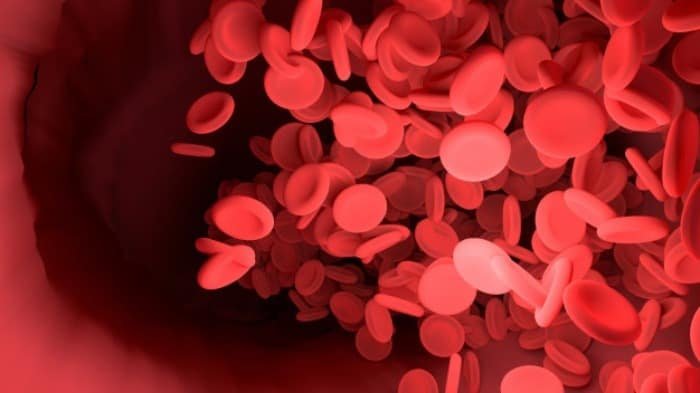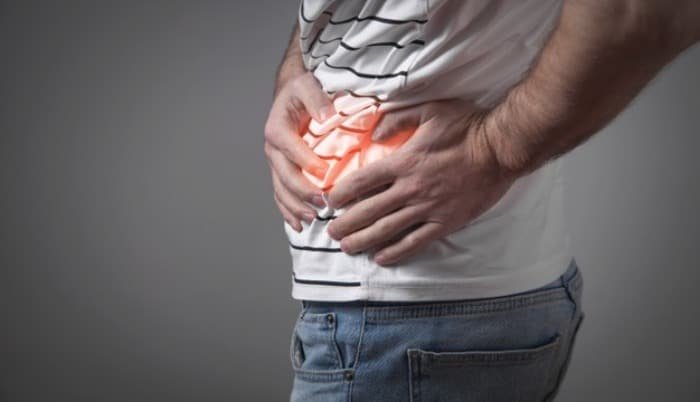Signs and Side Effects of Overconsumption of Vitamin D
Vitamin D is crucial for the health of the body, playing various roles in keeping our cells healthy and functioning correctly. Many people do not get enough of itVitamin Dwhich is why the use of vitamin D supplements is common.

AlthoughVitamin D deficiencyis common, sometimes excessive production of this vitamin can lead to toxicity in the body. In this section of Health and WellnessSelMagzwe discuss the side effects of consuming this important vitamin in excess.
Problems Associated with Vitamin D Deficiency
Vitamin D plays a role incalcium absorption, immune function, and protecting the health of bones, muscles, and the heart. This vitamin naturally exists in somefood sourcesand can be produced by the body when the skin is exposed tosunlight
However, besides fatty fish, there are few foods rich in vitamin D. Additionally, most people do not get enough sun exposure for their bodies to produce this vitamin. Therefore, vitamin D deficiency is very common, and it’s estimated that around a billion people worldwide face vitamin D deficiency.
Vitamin D supplements are available and can be taken as D2 and D3. Vitamin D3 is produced in response to exposure to sunlight and is found in animal products, while vitamin D2 is found in plant products. Studies have shown that vitamin D3 increases blood levels significantly more than D2.

Vitamin D Toxicity
Research indicates that daily intake of 100 IU of vitamin D3 increases blood vitamin D levels by 2.5 nmol per liter. However, consuming very high amounts of vitamin D3 for an extended period may lead to excessive buildup in your body.
Vitamin D toxicity occurs when blood levels exceed 150 ng/ml (375 nmol/l). Since this vitamin is stored in body fat and released slowly into the bloodstream, toxic effects may persist for several months after stopping supplements.
Note:
The important thing to remember is that vitamin D toxicity is rare and nearly always occurs in individuals who take high doses of supplements for a prolonged time without monitoring their blood levels; getting too much vitamin D through diet and sun exposure alone is unlikely.

Common Side Effects of Excessive Vitamin D Consumption
Next, you will learn about some side effects of excessive vitamin D use.
1. Increased Red Blood Cell Count
Obtaining enough vitamin D in the blood may help boost the immune system and protect you from diseases likeosteoporosisand cancer.
While 30 ng/ml is typically considered a normal vitamin D level, the Vitamin D Council recommends maintaining levels between 40-80 ng/ml (100-200 nmol/l) and has stated that anything above 100 ng/ml (250 nmol/l) can be harmful.
A recent study reviewed data from over 20,000 individuals over a 10-year period, finding that only 37 had levels above 100 ng/ml, and just one person had real toxicity with 364 ng/ml (899 nmol/l).
Although only very high doses can rapidly cause toxicity, strong advocates for these supplements recommend a ceiling of 10,000 IU per day.

2. Elevated Blood Calcium Levels:
Vitamin D helps absorb calcium from food, which is considered one of its most important roles. However, excessive vitamin D intake can dangerously raise blood calcium levels.
Some signs of hypercalcemia or high calcium levels in the blood include:
- Gastrointestinal issues such as vomiting, nausea, and abdominal pain
- Fatigue,Dizzinessand confusion
- Excessive thirst
- Frequent urination
Normal blood calcium levels are between 8.5-10.2 mg/dl (2.1-2.5 mmol/l).

3. Nausea, Vomiting, and Poor Appetite:
Many side effects of excessive vitamin D relate to increased calcium in the blood. These includeNausea, vomiting, and lack of appetite. However, these symptoms do not occur in everyone with elevated calcium levels.
It’s important to note that these signs occur in response to very high doses of vitamin D that raise calcium levels above 12 mg/dl (3.0 mmol/l).
4. Abdominal Pain,Constipationor Diarrhea:
Abdominal pain, constipation, anddiarrheaare common gastrointestinal symptoms often related to food intolerance orirritable bowel syndromeHowever, these symptoms may also indicate increased calcium levels due to vitamin D toxicity. These symptoms can occur in those who receive high doses of vitamin D to correct a deficiency.

5. Bone Thinning:
Since vitamin D plays a crucial role in calcium absorption and bone metabolism, getting enough is essential for maintaining bone strength. However, as mentioned earlier in the Health section of SelMagz, overconsumption of vitamin D can be harmful to bone health. Although most signs of excessive vitamin D intake are linked to elevated calcium levels in the blood, some studies suggest that mega-doses of thisnutrientmay lead to low vitamin K2 levels in the blood.
One of the crucial functions of vitamin K2 is to retain calcium in bones and out of the bloodstream. It is believed that high levels of vitamin D may reduce vitamin K2 activity.
To protect against bone loss, avoid excessive vitamin D supplements and consider taking vitamin K2 supplements. Additionally, consume vitamin K2-rich foods, including dairy and meat.

6. Kidney Failure:
Excessive vitamin D consumption can lead to kidney damage. Most studies in this area report moderate to severe kidney damage in individuals who faced vitamin D toxicity.
Kidney failure is treated with oral or intravenous hydration and medication.







